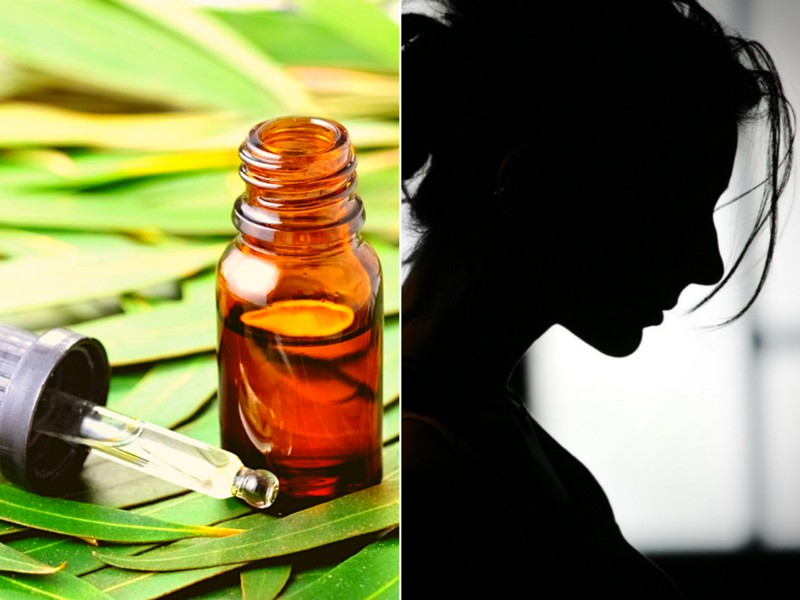The benefits of essential oils
While it is strongly advisable to seek therapy for any of the mental health conditions, it is also important to consider a more holistic approach for the same. In the past decade, there has been a considerable rise in the demand for essential oil for treating various health issues. These oils are concentrated oils derived from different parts of a plant (like a stem, flower, roots) and are known to have therapeutic properties.
Essential oils may not be a one-stop solution for managing your mental health condition but they can certainly help in relieving some of the emotional and physical symptoms. It is a side-effect-free option to improve your mood and alleviate some of the symptoms of depression.
What does the study say
According to a study conducted in the year 2016, inhaling the fragrance of Asarum heterotropoides (wild ginger) essential oil led to a decrease in depression-like symptoms in mice. Another study published in the journal Iranian Journal of Nursing and Midwifery Research found that inhaling lavender essential oil alleviated the symptoms of stress, anxiety and depression in 140 women, who were admitted to an obstetric and gynaecological unit.
To conduct the study, the women were divided into two groups, one of them inhaled three drops of essential oil every day for four weeks. The results pointed towards the fact that the group who opted for aromatherapy had less depressive and anxiety symptoms after giving birth.
If you too are keen on trying aromatherapy, here are some of the most commonly used essential oils for stress and anxiety:
1.Lavender oil
2.Wild ginger (also known as Asarum heterotropoides)
3.Ylang-Ylang oil
A word of caution:
Before you start trying aromatherapy for mental health conditions, it is important to remember that it will not cure or treat depression. Using essential oils should be a part of the holistic approach towards better mental health, instead of relying on it solely.
Also, remember that more research needs to be conducted to understand if essential oils can get rid of depressive symptoms or not. Always inform your doctor before trying any form of alternative therapy to ensure that it does not interact with your medications or the course of treatment (if any).

